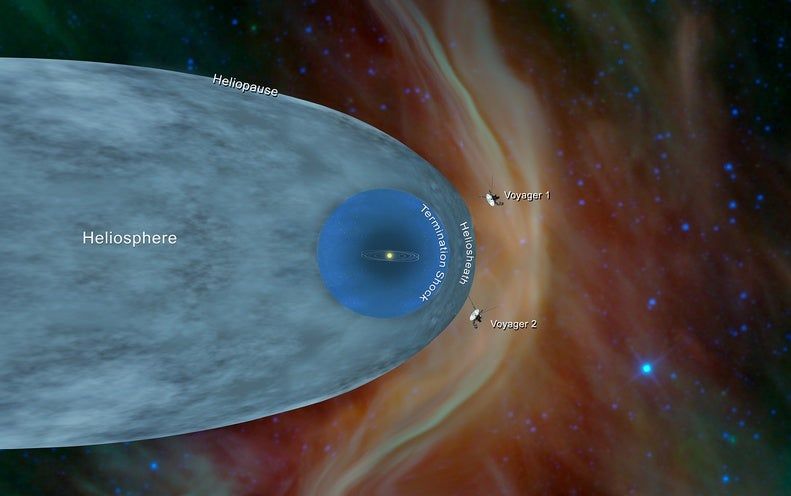ESA is getting serious about how hibernation could be used on long-duration space flights.
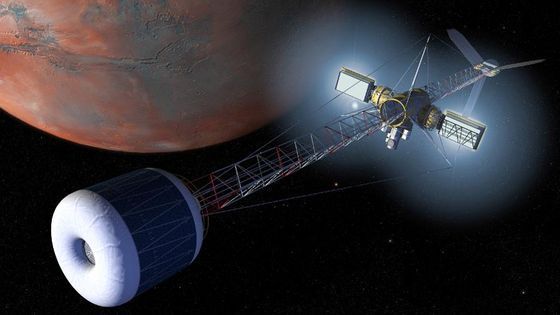


SOME Geneticists scare the hell out of me??? AEWR.
Will we one day combine tardigrade DNA with our cells to go to Mars?
Chris Mason, a geneticist and associate professor of physiology and biophysics at Weill Cornell University in New York, has investigated the genetic effects of spaceflight and how humans might overcome these challenges to expand our species farther into the solar system. One of the (strangest) ways that we might protect future astronauts on missions to places like Mars, Mason said, might involve the DNA of tardigrades, tiny micro-animals that can survive the most extreme conditions, even the vacuum of space!
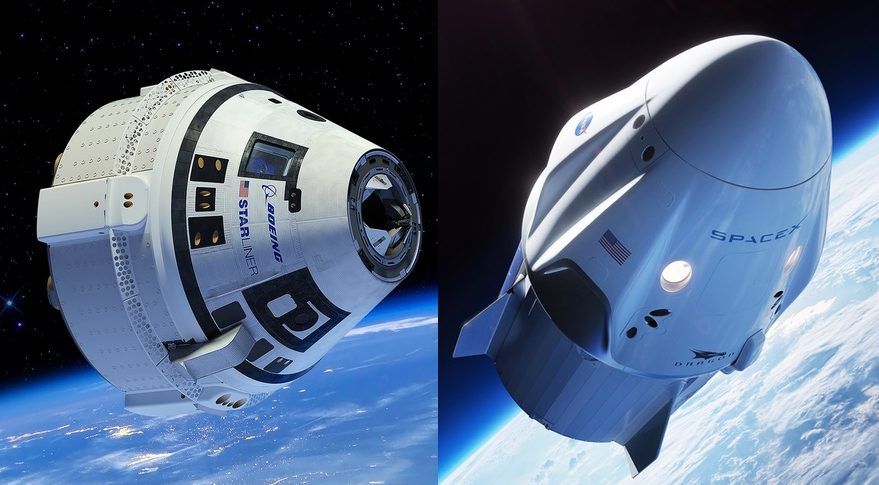
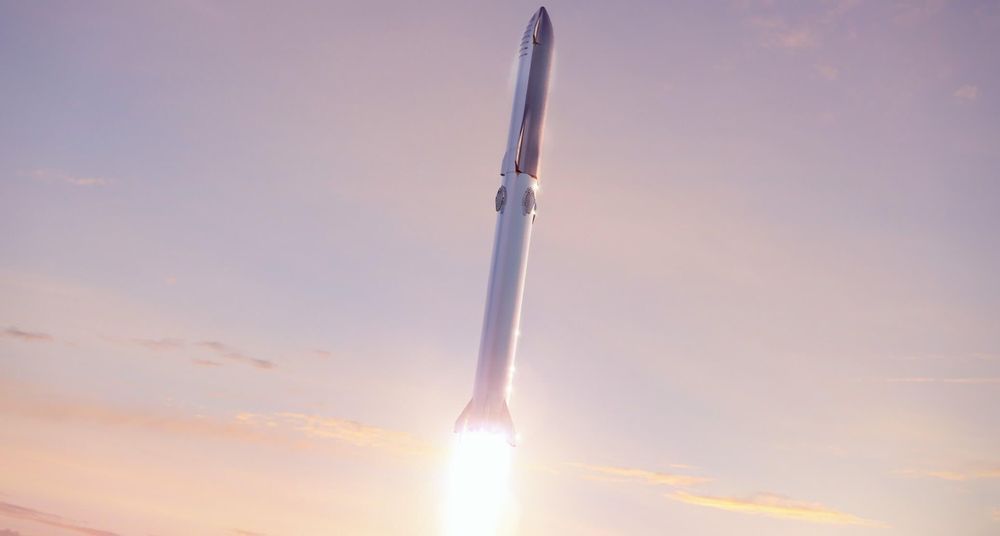
We stand at the dawn of the space age, a time when we can see the very, very beginning of exploring the vastness of the unknown.
The live-streamed launch of a space rocket is the new entertainment for the revolutionary generation, the millennials who think they can really change the world.
Empowered by the digital revolution and even the crypto revolution, astute many of them and some of them actual geniuses, a new era is at inception where kids play almost at the same level as vast governments.

NASA launched the Juno mission to Jupiter on August 5, 2011. After a five-year flight, the spacecraft entered orbit on July 4, 2016.
Jupiter is the largest planet in the Solar System, with an equatorial diameter of 142,984 kilometers. It is so large that it could contain all of the other planets within its volume. Since Jupiter rotates in a mere 9.925 hours, its equatorial diameter is more than 9275 kilometers greater than the distance between its poles.
There are radiation belts around Jupiter, similar to the Van Allen radiation belts that surround Earth, except they are thousands of times more powerful. Juno’s electronics are, therefore, enclosed within a titanium shell, so that the energetic particles trapped around Jupiter will not interfere with its systems.

Researchers are designing a stingray-shaped spacecraft to explore the dark side of Venus.
(Image: © CRASH Lab, University at Buffalo)
Could a stingray-shaped spacecraft get to the dark side of Venus by flapping its wings?
Researchers at the University of Buffalo (UB) are designing a spacecraft shaped like a stingray that could explore Venus in ways never before possible. The craft, designed as part of the Bio-inspired Ray for Extreme Environments and Zonal Explorations (BREEZE) project, is one of 12 selected by NASA for the agency’s Innovative Advanced Concepts (NIAC) program, which supports new, innovative technologies.
Gateway Foundation is working on creating orbital assembly line and block construction systems. They would want to create a 244 meter long and 71 meter wide Mars Colonial Transport.
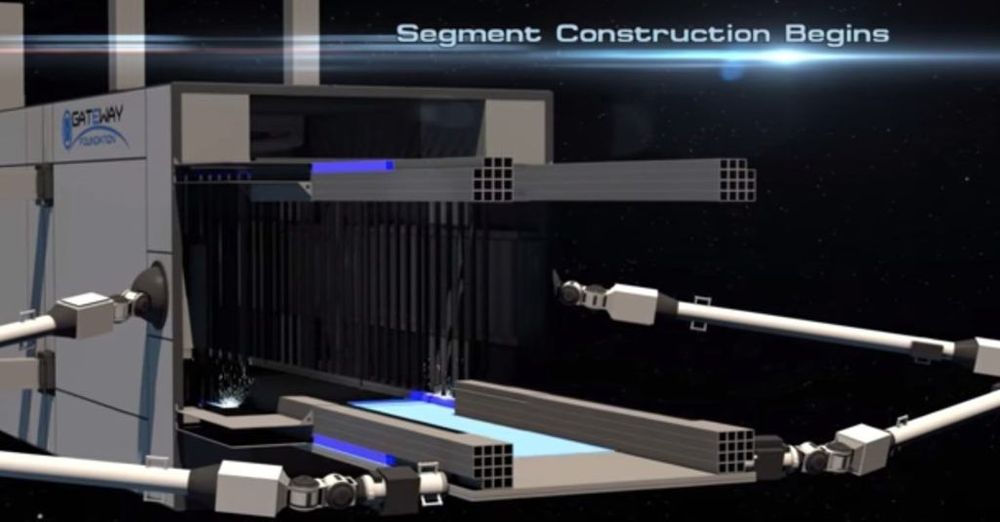
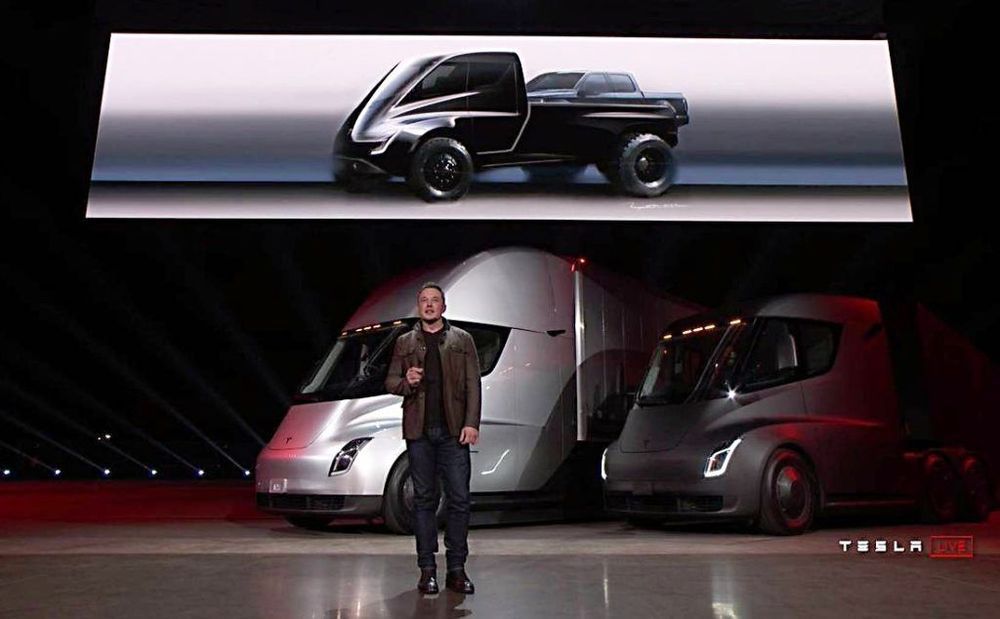
Elon Musk has revealed the official launch date for Tesla’s “Cyberpunk” Pickup Truck. According to the CEO, the upcoming vehicle would be released on November 21, 2019 at the SpaceX rocket factory in Hawthorne, CA.
Musk’s update formally ends a period of speculations that have long swept the electric car community with regards to the unveiling of the Tesla Pickup Truck. The CEO, after all, has praised the vehicle as one of his personal favorites. Yet, despite this, Tesla has been able to keep details of the Cybertruck secret, with zero sightings or spy shots of the vehicle to date.
